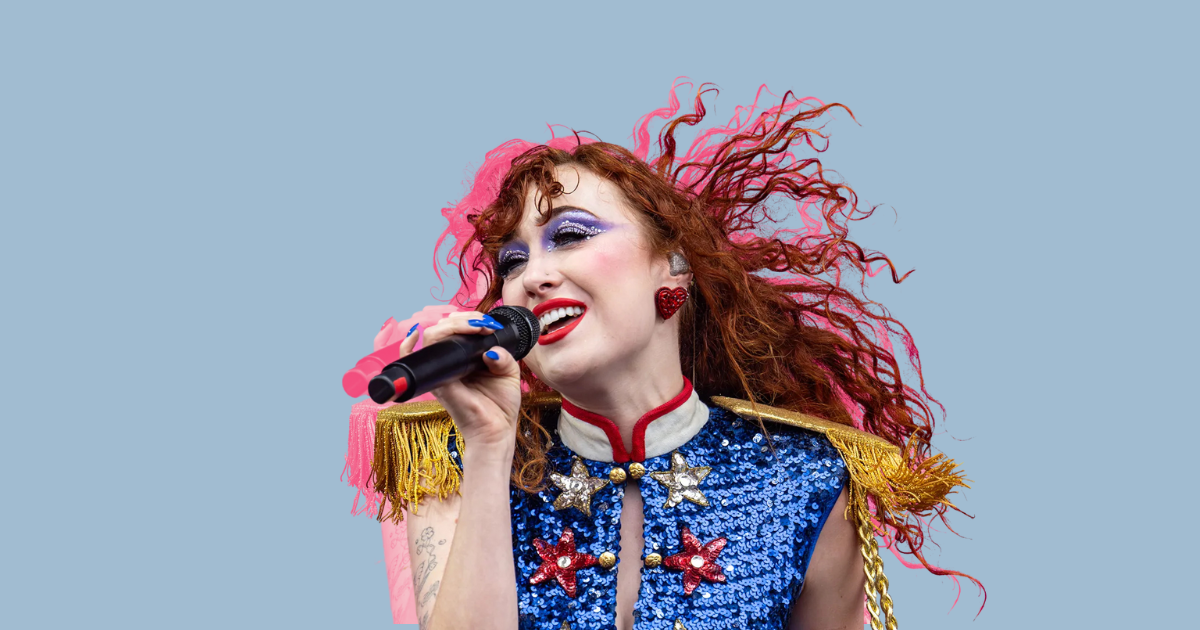Do We Expect Too Much From Celebrities?

Celebrities. We both love and hate them. They entertain us with their projects and infuriate us with out of touch ways. However, in recent years, have we become too entitled to the intimate details of their lives?
The Rise and Fall of Chappell Roan
Many of us know the vivacious Midwest Princess Chappell Roan. Since releasing her debut album “The Rise and Fall of a Midwest Princess”, in September of last year, Chappell has soared to pop stardom. With her upbeat tracks “Hot to Go!” and “Good Luck Babe!” and her embrace of the queer community, of which she is a part of, Chappell had become a bold face of modern day pop.
However, in recent weeks Chappell had been making headlines for her alternative relationship to fame. Unlike other pop stars, such as Taylor Swift or Olivia Rodrigo, Chappell Roan refuses to conform to the traditional limitations imposed on her by her newfound stardom. Over a series of TikTok videos, magazine interviews and Instagram Posts, Chappell has shared her criticism and disdain towards the drawbacks of celebrity culture. She has opened up about the fear and frustration that she experiences when approached by fans in the street, asking for photographs or expecting physical affection from her. She has cancelled a number of scheduled performances at the “All Things Go” music festival, to protect her mental health and was recently involved in an altercation with a member of the paparazzi at the VMAs, who shouted at her to alter her position for a photograph.
Everyone’s Got An Opinion Online
Like all things these days, Chappell’s behaviour has been met with a polarising reception online. While some fans applaud her for fearlessly asserting her boundaries as a young musician in the music industry, others have criticised Chappell for being “ungrateful” towards the fans who support her music. This criticism grew after she cancelled shows in Paris and Amsterdam to facilitate her attendance at the VMAs, an action many lauded as “hypocritical”, following her continuous claims of wanting to prevent her celebrity image growing.
I feel that the reception towards Chappell Roan reflects the increasing obsession that we have towards celebrities in modern day society. In my view, the internet fuels our parasocial relationship with celebrities. Through the medium of Instagram posts and stories, we can get a glimpse into the day to day behaviours of our favourite actors and musicians such as what they eat for breakfast, what books they read or how they pass a day off roaming around Europe or attending a football match.
However, what many of us don’t factor in is that these individuals are curating this image and have a team of professionals working behind their social media accounts, advising them on how to best choose images that reflect their brand and public image. Despite how they interact with us online or while they do their job, in reality, we do not know these people and if we don’t know them, why do we feel entitled to their affection and their time?
When Conspiracy Theories Get Out of Control
The Chappell Roan situation isn’t the first time this year that we have been forced to reassess our relationship towards celebrities as a society and the demands that we put on them to know intimate parts of their lives. Last March, the Princess of Wales, Kate Middleton, was forced to share details of her cancer diagnosis with the public. After releasing a statement to the public in January that the princess had undergone abdominal surgery and would be taking a step back from her public duties for a number of weeks, the internet became rife with hot-takes and conspiracy theories to explain her absence. As the weeks passed, these theories became increasingly invasive and far-fetched, including accusations of infidelity, mental health difficulties and even murder.
Following growing public pressure and demands for the Palace to explain the princess’s absence, on the 22nd of March, Kensington Palace released a video on their social media accounts where the princess revealed that she was undergoing preventative cancer treatment. Of course following the revelation, the public immediately began to feel sorry for the young mother suffering with the disease and attempted to blame media publications for spreading theories and placing pressure on her to share her personal health with the world.
Celebrities Are Just People At The End of The Day
Overall, I feel that in 2024, it is long beyond time that we renounced our obsession towards celebrities and realise that they are no different than we are. Sure, we may pay for their albums and merchandise, but we also regularly pay our baristas for coffee and do not expect to know the intimate details of their lives.
Sure, while celebrities may present an image of perfection to us, we must remember that they too lead nuanced lives and face challenges and personal difficulties. We need to stop idolising them for they too are normal people.







